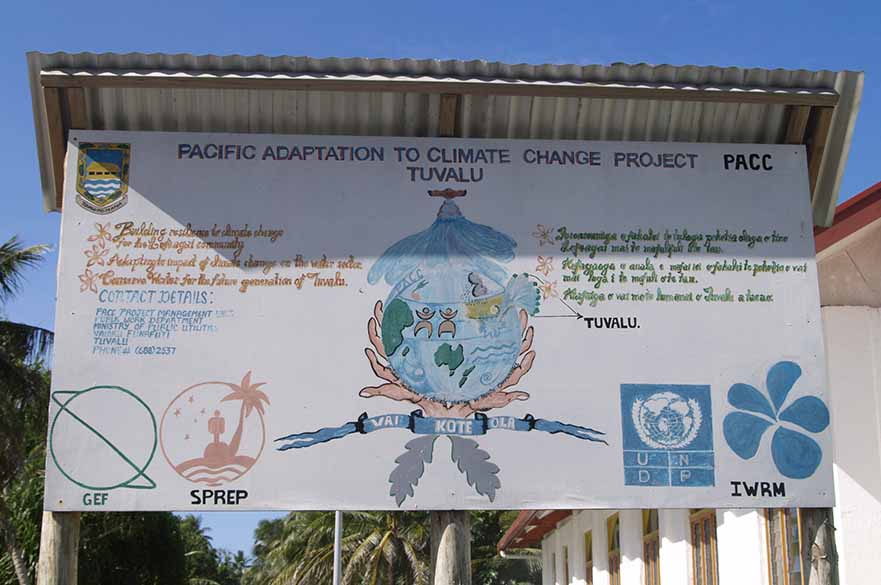International Development MA
- Level(s) of Study: Postgraduate taught
- Start Date(s): September 2023
- Duration: One year full-time; two years part-time
- Study Mode(s): Full-time / Part-time
- Campus: Clifton Campus
-
Entry Requirements:
More information
Introduction:
About the course
This course recognises that international development environments and related debates constantly evolve. It captures this dynamism in its multi-layered approach and it highlights the connections made between different disciplinary areas.
This course will introduce you to key concepts and issues related to international development. You will develop an understanding of the key structures, processes, institutions and relationships relevant to international development.
This will involve a critical analysis of the role and impact of major financial institutions such as the World Bank and the International Monetary Fund; the role of the United Nations, with particular emphasis on the UN’s Sustainable Development Goals; the role of MNCs, NGOs and civil society more generally.
You will also locate yourself within the context of processes of international development and reflect on how your actions, or inactions, help or hinder the promotion of global social justice and sustainability.
You will develop an insight into the manner in which wealth is generated and unevenly distributed and accumulated across the global economy and an awareness of how the twin agendas of social justice and sustainable development can be advanced.

What you’ll study
Careers and employability
Career development
The course is designed to enhance your employability prospects by engaging with both conceptual dimensions and the practical aspects of the work-based placement. Using our links with industry, you will have the opportunity to gain experience and vital contacts within a wide range of roles directly linked to international development.
Graduates have gone on to work in posts in local, regional and national governments, intergovernmental organisations (including the UN and EC), multinational corporations (MNCs) and a range of development-related non-governmental organisations (NGOs).
Several international alumni have returned to positions working within government departments of their home countries.
Campus and facilities
How to apply
Ready to join us?
Just click the Apply button at the top of the page and follow our step-by-step guide. You can apply for this course throughout the year. Most of our postgraduate and professional courses are popular and fill up quickly though, so apply as soon as you can.
Writing your application
Be honest, thorough and persuasive in your application. Remember, we can only make a decision based on what you tell us. Make sure you include as much information as possible, including uploading evidence of results already achieved, as well as a personal statement.
Keeping up to date
After you’ve applied, we’ll be sending you important emails throughout the application process - so check your emails regularly, including your junk mail folder.
You can get more information and advice about applying to NTU in our postgraduates’ guide. Here you’ll find advice about how to write a good personal statement and much more. Good luck with your application!
Getting in touch
If you need any more help or information, please contact us at Ask NTU or call on +44 (0)115 848 4200.
Apply online through our NTU applicant portal.
Application advice
Apply early so that you have enough time to prepare – processing times for Student visas can vary, for example. After you've applied, we'll be sending you important emails throughout the application process – so check your emails regularly, including your junk mail folder.
Writing your personal statement
Be honest, thorough, and persuasive – we can only make a decision about your application based on what you tell us:
Would you like some advice on your study plans?
Our international teams are highly experienced in answering queries from students all over the world. We also have members of staff based in Vietnam, China, India and Nigeria and work with a worldwide network of education counsellors.
- Complete this simple form to keep in touch with the International Office.